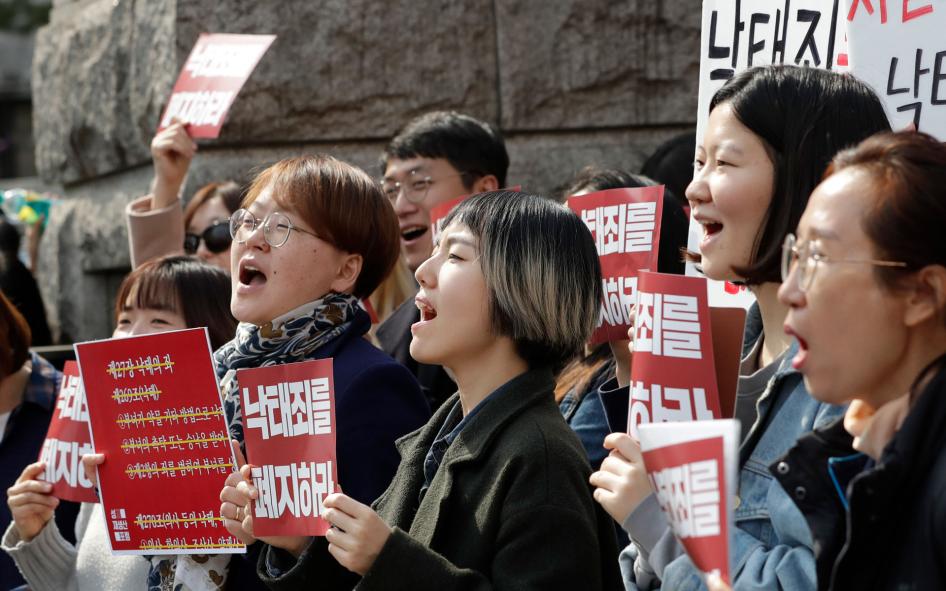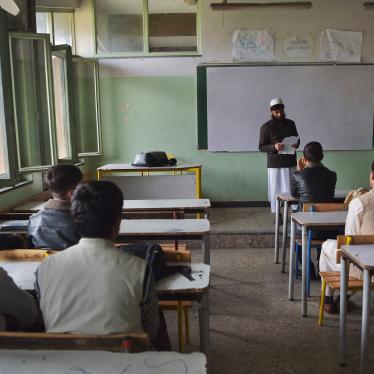Recent news of a celebrity in South Korea giving birth after in vitro fertilization (IVF) treatment in Japan sparked debate in a country where single parents, especially unwed mothers, are often ostracized. Sayuri Fujita, a Japanese-born television star, seemed aware of this as she posted a joyful photo of herself and her newborn on social media, writing, “Becoming a single mother was not an easy decision, but it is also not a shameful decision. I want to thank my son for making me a proud mother.”
Giving birth outside of marriage is often stigmatized due to the country’s Confucian culture and patriarchal family structures in which women are seen as less valued.
An estimated 20,761 single-parent households are headed by unmarried mothers in South Korea. The actual number may be significantly higher, as stigma leads some to conceal their unmarried status. Lack of social acceptance for unwed mothers and their children means they are more likely to be living in poverty and be socially isolated.
Although South Korea’s birth rate is among the lowest in the world, and the government is concerned about the country’s aging population, artificial insemination and IVF treatments are not an option for unmarried women. Sperm banks set their own criteria for accepting patients and will not provide services to unmarried women.
But public attitudes towards single parenthood are changing; a recent survey found 31 percent of South Koreans accept having children without getting married.
South Korean women and girls have long faced violations of their reproductive rights as the government pursued policies seeking at different times to reduce and then increase the birth rate. Stigma against unmarried mothers—and severe restrictions on abortion--helped drive high rates of international adoption from South Korea. Women have long fought for access to abortion, and the country’s Constitutional Court recently ordered the government to reverse its abortion ban.
It is high time for South Korea to fully respect reproductive rights. The government should eliminate barriers to accessing abortion and make assisted reproductive services available for everyone, no matter their marital status, sexual orientation, or family configuration. It should also act to eradicate all forms of discrimination and stigma against single parents, particularly unwed mothers. Everyone has a right to decide for themselves if they want a family or not.









